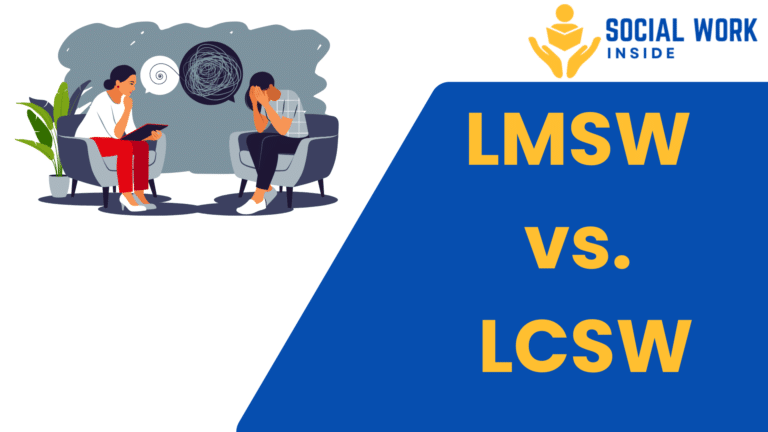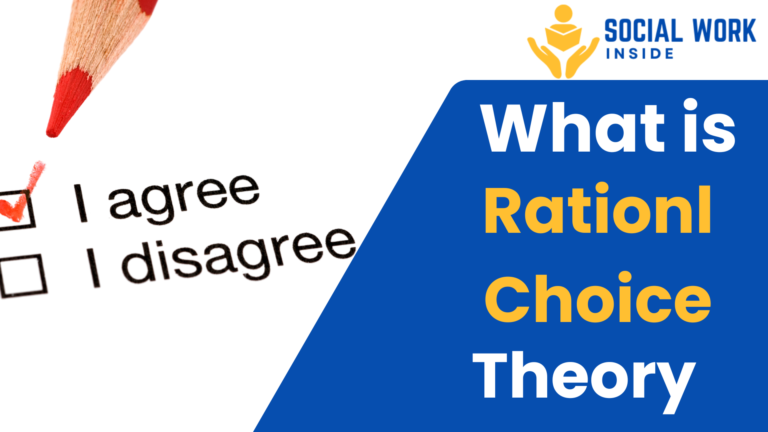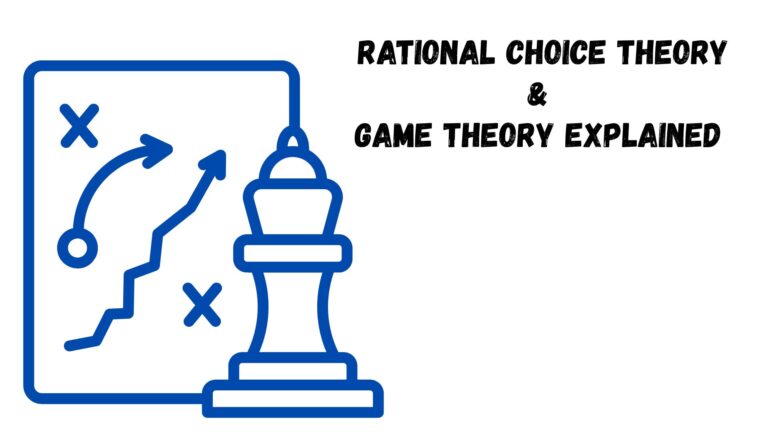What Is Social Ecology? A Simple Guide to a Better World
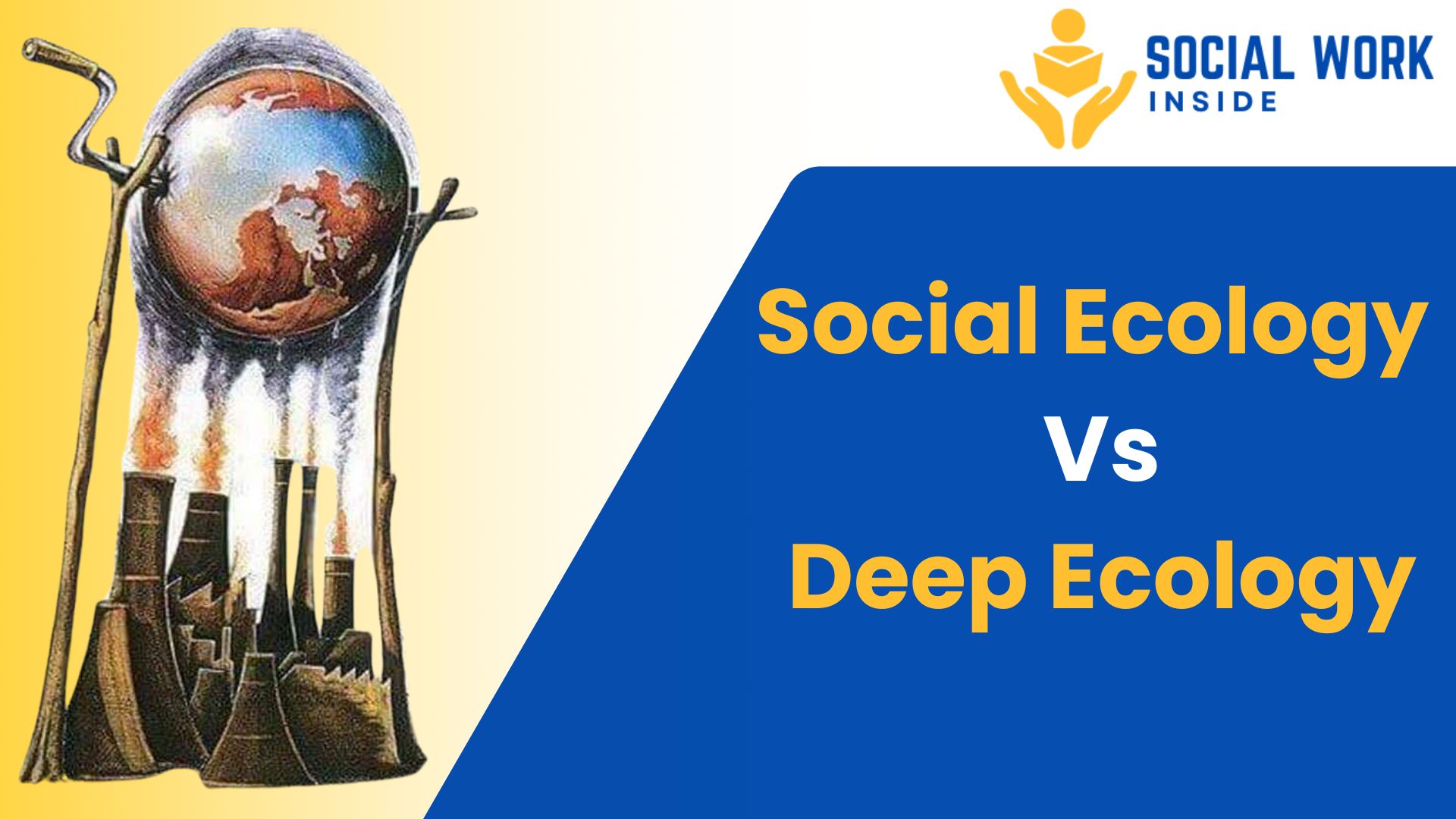
Have you ever wondered how people and nature can work together for a better future? That’s exactly what social ecology explores! It’s a fascinating concept that examines how human interactions with the environment can foster sustainable communities that benefit both people and the planet. Rooted in an ecological perspective, it emphasizes harmony between society and nature. In this guide, we’ll break down the social ecology definition, why it matters, and how it can shape a world focused on environmental sustainability and a stronger eco-conscious mindset.
What Is Social Ecology?
At its core, social ecology is the idea that society and nature are deeply intertwined. Introduced by Murray Bookchin (Founder of Social Ecology), this framework—sometimes aligned with the ecological theory of social work—suggests that community development and ecological balance are not separate goals but interconnected ones. Rather than viewing humans and nature as opposing forces, social ecology encourages collaboration to build a world that’s fair, sustainable, and eco-friendly.
Why Is Social Ecology Important?
Our world confronts urgent challenges such as climate change, contamination, and forest loss. Social ecology offers solutions by promoting green living, urban greening initiatives, and nature-based approaches. Drawing from an ecological perspective social work, it teaches us how to design cities, businesses, and lifestyles that lessen environmental harm while enhancing quality of life.
Key Benefits of Social Ecology
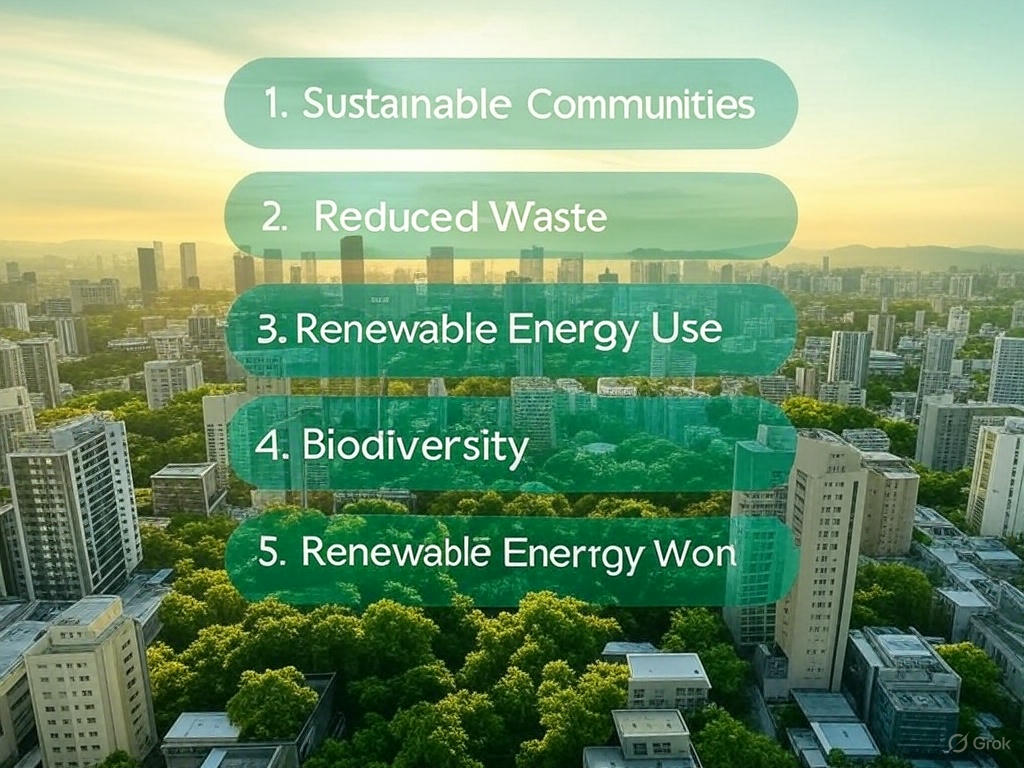
- Encourages sustainable communities that protect the planet.
- Reduces waste through zero-waste living and ethical consumerism.
- Helps fight climate change with renewable energy sources.
- Promotes social responsibility in safeguarding nature.
- Supports biodiversity conservation and wildlife protection.
The Ecological Systems Theory in Social Work
Closely tied to social ecology, the ecological systems theory in social work, developed by Urie Bronfenbrenner, provides a framework for understanding how individuals interact with their environments across multiple layers. In the context of social ecology, it shows how ecological balance and societal structures are linked, offering social workers a holistic way to address personal and environmental challenges through the ecological theory of social work. Here’s a brief look at its key components:
- Microsystem: The immediate environment (e.g., family, friends) where direct interactions shape sustainable habits.
- Mesosystem: The links between microsystems (e.g., school and home) that influence eco-friendly behaviors.
- Exosystem: Indirect settings (e.g., local policies) that impact sustainability efforts without direct involvement.
- Macrosystem: The larger cultural and societal values (e.g., green living norms) framing ecological priorities.
- Chronosystem: The role of time, such as how historical shifts toward sustainability affect development.
Together, these layers illustrate how individual and environmental well-being are interconnected, aligning with social ecology’s mission.
How Social Ecology Shapes a Greener Future
Social ecology drives real-world change through actionable steps. Here are some examples:
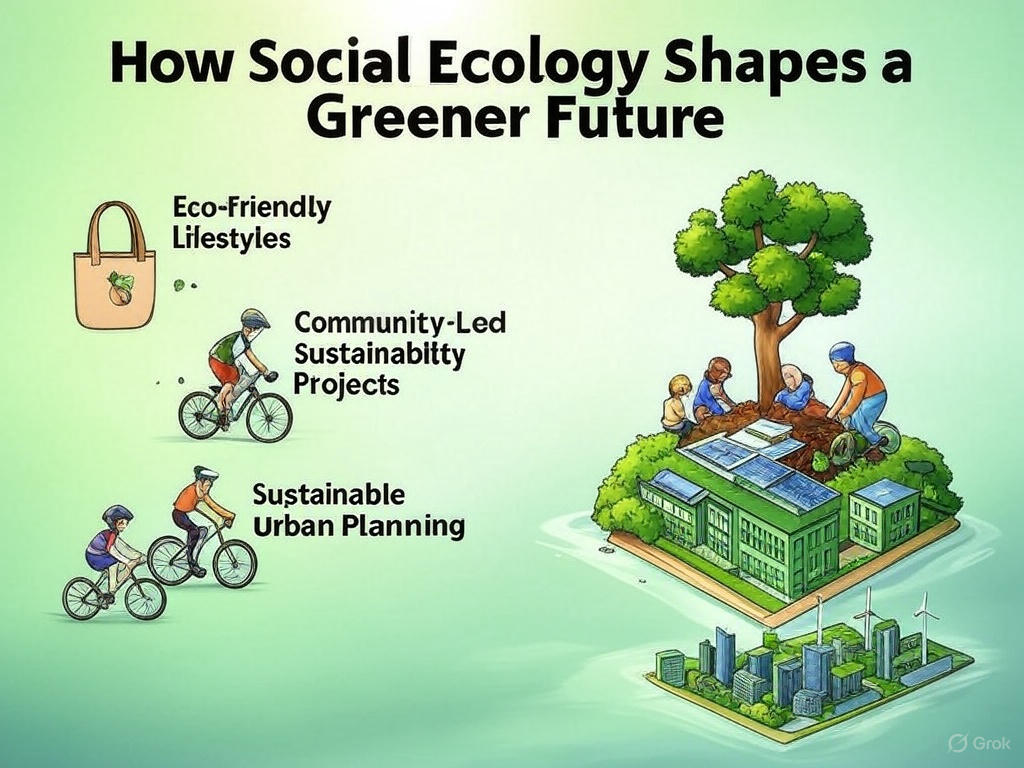
Sustainable Urban Planning
Modern cities are embracing eco-friendly designs with green spaces, bike lanes, and energy-efficient buildings. The Environmental Protection Agency (EPA) and NGOs back these efforts, aligning with the social ecology definition of creating healthier, greener urban environments.
Eco-Friendly Lifestyles & Ethical Living
Simple choices—like reducing plastic use, supporting local sustainability efforts, or choosing eco-friendly products—reflect the principles of social ecology. Green technology and circular economy practices further reduce waste and energy use.
Recommended: What is a rational choice theory drawing?
Community-Led Sustainability Projects
From urban farms to solar-powered neighborhoods, communities worldwide are putting social ecology into action. These initiatives, often inspired by the ecological theory of social work, align with the UN Sustainable Development Goals (SDGs) for a healthier planet.
Deep Ecology vs. Social Ecology
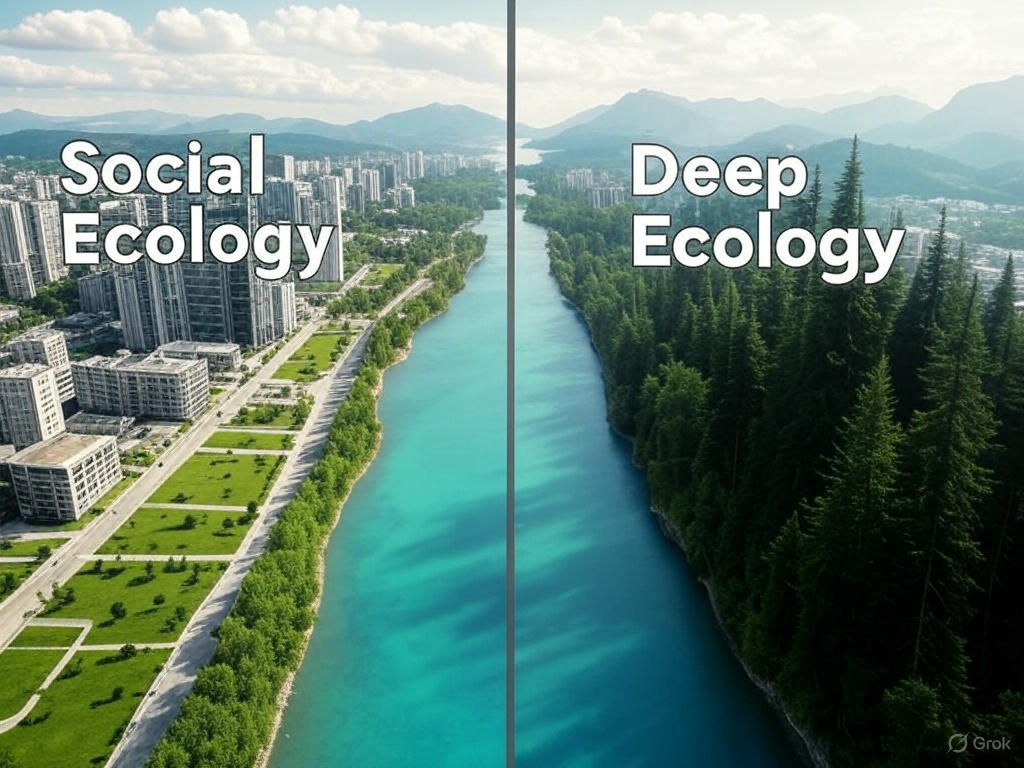
| Feature | Social Ecology | Deep Ecology |
| Main Focus | Balance between society and nature | Nature has value beyond human use |
| Approach | Encourages social cooperation | Advocates reducing human impact |
| Goal | Sustainable societies with justice | Preservation with minimal interference |
| Key Supporters | Murray Bookchin, sustainability activists | Arne Naess, radical environmentalists |
| Example Practices | Urban planning, renewable energy | Rewilding, strict land protection |
- While both deep ecology and social ecology care about the environment, their approaches differ
- Deep ecology values nature beyond human needs.
- Social ecology sees humans as part of nature, advocating for positive change through social cooperation.
Applying the Social Ecological Perspective in Social Work
Applying the social ecological perspective in social work means using this lens to tackle real-world issues like poverty, housing, and environmental injustice. Social workers can draw on the ecological perspective of social work to design interventions that consider both individual needs and broader environmental factors across the microsystem, mesosystem, exosystem, macrosystem, and chronosystem. For example, supporting community gardens not only addresses food insecurity in the microsystem but also promotes sustainability influenced by the macrosystem—an embodiment of social ecology principles. This approach empowers communities to thrive while fostering ecological balance.
How to Apply Social Ecology in Daily Life
- You don’t need to be an expert to embrace social ecology! Here are practical ways to start:
- Support green movements that promote sustainability.
- Reduce your carbon footprint by biking or using public transport.
- Choose renewable resources like solar or wind energy.
- Engage in climate change policies and local conservation programs.
- Adopt regenerative agriculture by buying organic, local foods.
Conclusion
Social ecology is more than a concept—it’s a roadmap to a healthier world. By integrating environmental justice, ecological ethics, and a sustainability revolution, it empowers us all to contribute to a brighter future. Whether through small changes or community action guided by an ecological perspective social work, every step counts toward a better planet!
Resources
- EPA for environmental data.
- UN SDGs for global sustainability goals.
- National Geographic for practical sustainability tips.

